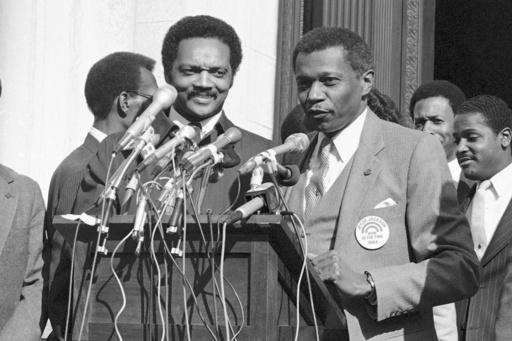HARTFORD, Conn. — Thirman Milner, who made history as the first Black mayor elected by popular vote in New England, has passed away at the age of 91, as announced by the Connecticut NAACP on Friday afternoon. The announcement was made through a statement posted on the NAACP’s Connecticut Conference Instagram account.
The organization highlighted Milner’s impactful leadership, noting that his time in office was characterized by meaningful advancements in equity, justice, and empowerment for the community. While details regarding the specifics of his passing are still pending, the statement indicated that memorial arrangements would be provided in due time.
Milner served as the Democratic mayor of Hartford from 1981 to 1987, establishing a significant presence in the political landscape of Connecticut. In addition to his mayoral role, he was a state representative and senator. His dedication to civil rights was further exemplified by his long-standing leadership role within the Greater Hartford NAACP, where he served as president and a lifetime member.
In recognition of Milner’s contributions, Democratic Governor Ned Lamont expressed his admiration for the former mayor’s enduring influence on both politics and civil rights. Milner’s activism included participation in civil rights marches alongside figures such as Martin Luther King Jr. Lamont emphasized Milner’s commitment to ensuring that all children, irrespective of their socioeconomic background or neighborhood, had access to quality education that would prepare them for future success.
Milner’s heritage included roots from both enslaved Black and Native American ancestors, a fact he reflected on in a biography written during the release of his memoir, “Up from Slavery: A History from Slavery to City Hall in New England.” Raised by a widowed mother who relied partly on government assistance, he regarded his rise to the mayorship not just as a personal achievement but as a proud moment for his mother, who witnessed her youngest son achieving an esteemed position in the city she called home.
His journey was enriched by interactions with iconic figures such as Nelson Mandela, Jimmy Carter, Bishop Desmond Tutu, and President Barack Obama, as he drew inspiration from a wide array of influences throughout his life.
